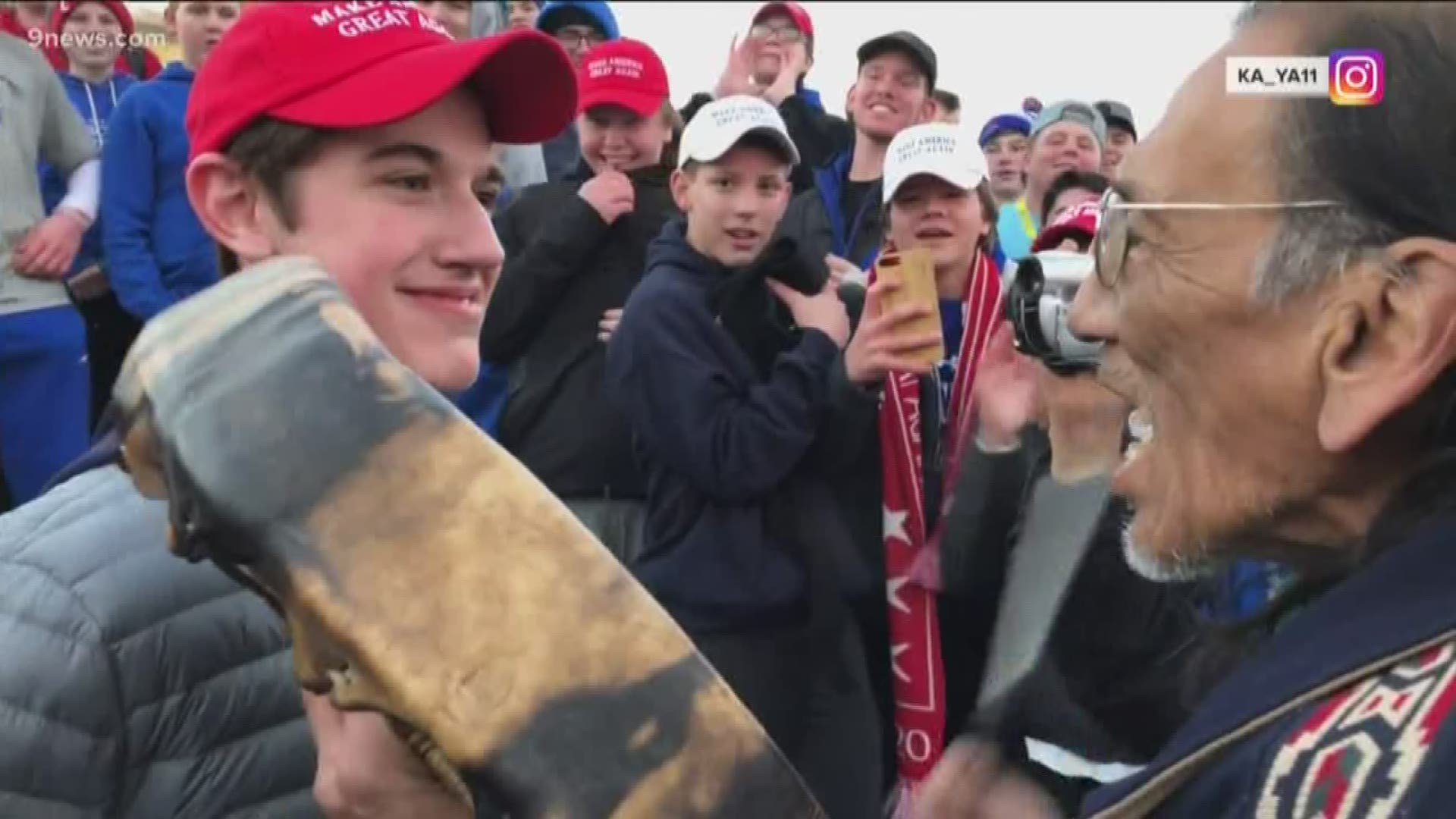Longtime NBA referee Joey Crawford loved basketball as a kid.
But when he watched games, he didn’t want to be Wilt Chamberlain or Bob Cousy. Crawford dreamed of being the next Richie Powers or Mendy Rudolph.
“I wanted to be an NBA referee for as long as I can remember,” Crawford said. “This has been my life. It’s what I know.”
It’s over now, after four-plus decades of running up and down a court causing too much damage to his right knee. He worked his last game Nov. 5 and tried to rehab for the final games of the regular season and one final playoff run. But the knee wouldn’t allow it.
“I just didn’t want to make a fool out of myself,” Crawford said. “It’s been too good.”
A 60-minute interview with Crawford is part-therapy session, refereeing seminar and storytelling hour – a cathartic exhale at the end of his on-court career.
Perhaps one of the most recognizable and controversial referees in NBA history, he was also one of the best. Crawford officiated 2,561 regular-season games, 344 playoff games and 50 Finals games in more than 38 NBA seasons.
“I could never envision 39 years, not in a million years,” Crawford said. “I got in young when I was 25. But I was really lucky. I stayed healthy, and it wound up being just a great career. I had no idea how long it would last. I didn’t even know how much money I was going to make. I just wanted to be an NBA ref.”
Calling it quits hasn’t been easy. He watches games, helps out in the NBA’s replay center and hopes to find a job with the referee operations department staff.
“I get a little emotional about it,” Crawford said. “When I was 18, I started doing grade school stuff and all of a sudden it stops, and you’re like, ‘What do I do now?’ It’s not as easy as I thought.
“I thought it was going to be a little easier. You’re constantly talking to yourself, ‘Turn the page. It’s somebody else’s turn.’ In reality, you’re fighting it every day. You want to be out there. You want to do it, and you know you can’t.”
A referee isn’t assigned 50 Finals games without being good. But his career wasn’t without controversy and low moments. The Tim Duncan incident in 2007, in which Crawford ejected Duncan and challenged him to a fight in a playoff game, was a turning point in Crawford’s career.
Then-NBA Commissioner David Stern suspended Crawford, and Crawford increased his number of visits to a sports psychologist. It saved his career.
“He was a real pro, that guy,” Crawford said. “He gave me exercises to use. When I felt it kick in – lose my temper or while I was losing it – he gave me certain exercises that helped. My problem was that I’m overly passionate.”
Crawford comes from a family of referees. His father, Shag, and brother, Jerry, were Major League Baseball umpires, but Joey was drawn to basketball.
“I didn’t have many conversations with my father because he was gone all the time,” Crawford said. “But any conversation you did have was usually about officiating and how you approach officiating. The approach in our house was aggression, and that’s how my father umpired.”
Crawford’s father once challenged the manager of a team to a fight outside the stadium after a game. Crawford once broke his finger while giving a technical, and he was not adverse to confrontation.
“Darell Garretson knew I had a problem when I was a young ref and when he was our boss,” Crawford said. “He used to say me, ‘Joey, we’ve got to be able to defend what you do. If we can’t defend you when you call a T or comment to a player or coach, you’re wrong. But if we can defend you … ’ That was an aha moment too because that was never taught to me.”
“I had a tendency in those days to overreact to a situation vs. just moving on to the next 24 seconds. That’s what the sports psychologist got me to do. Move on to the next 24 seconds. They’re only hollering at the shirt. They’re not hollering at you. It was very important to do that.”
When Crawford finally realized that, he said, “My last 10 years were better than my first 30 years. I don’t whether that’s with age, maturity or whatever. As bad as that was to go through in 2007, it was something that I did. I learned from it. I was lucky Stern gave me my job back, and I moved on. I tried to use it as a positive.”
Crawford has used a lifetime of officiating to generate a list of Joey-isms such as, “I always say that good referees are good because they know when they’re bad. Bad referees are bad because they don’t know they’re bad.”
He says he has them written down. “I tell young referees, ‘You’re auditioning for your first playoff game. If you do stupid stuff from November to April, you’re going to do stupid stuff when the playoffs start,' ” he said.
And now he wants to keep working with referees.
“I just don’t want to walk away from this. I want to be involved. I think I have something to offer,” Crawford said. “The word I used before is viable. You’re being involved, and you’re trying to help those three people get through the game.”

![Joey Crawford [image : 85171168]](http://www.gannett-cdn.com/media/2016/05/30/USATODAY/USATODAY/636002281008332285-XXX-s130125-2073.jpg)

